Proposal to consider supporting business households
Regarding tax policies for business households and individuals, the Ministry of Finance has received many recommendations from the National Assembly delegations of Dong Nai, Vinh Long, Dong Thap and Tay Ninh provinces.
Specifically, according to the National Assembly Delegation of Dong Nai province, voters agreed with the policy of abolishing lump-sum tax to make tax declaration and collection transparent.
However, the application of electronic invoices generated from cash registers as prescribed in Decree 70 from June 1, 2025 and the abolition of lump-sum tax from January 1, 2026 is posing many difficulties for individual business households, especially small traders and the elderly who do not have the equipment and human resources to fully carry out procedures for electronic invoices and tax declaration.
Dong Nai voters recommend that the Ministry of Finance advise the Government to direct ministries and branches to consider appropriate support policies (on training, equipment, software, supporting human resources, transitional tax policies, etc.) to create conditions for business households and small traders to access and fulfill tax obligations in accordance with regulations, while still ensuring feasibility and suitability with actual conditions.
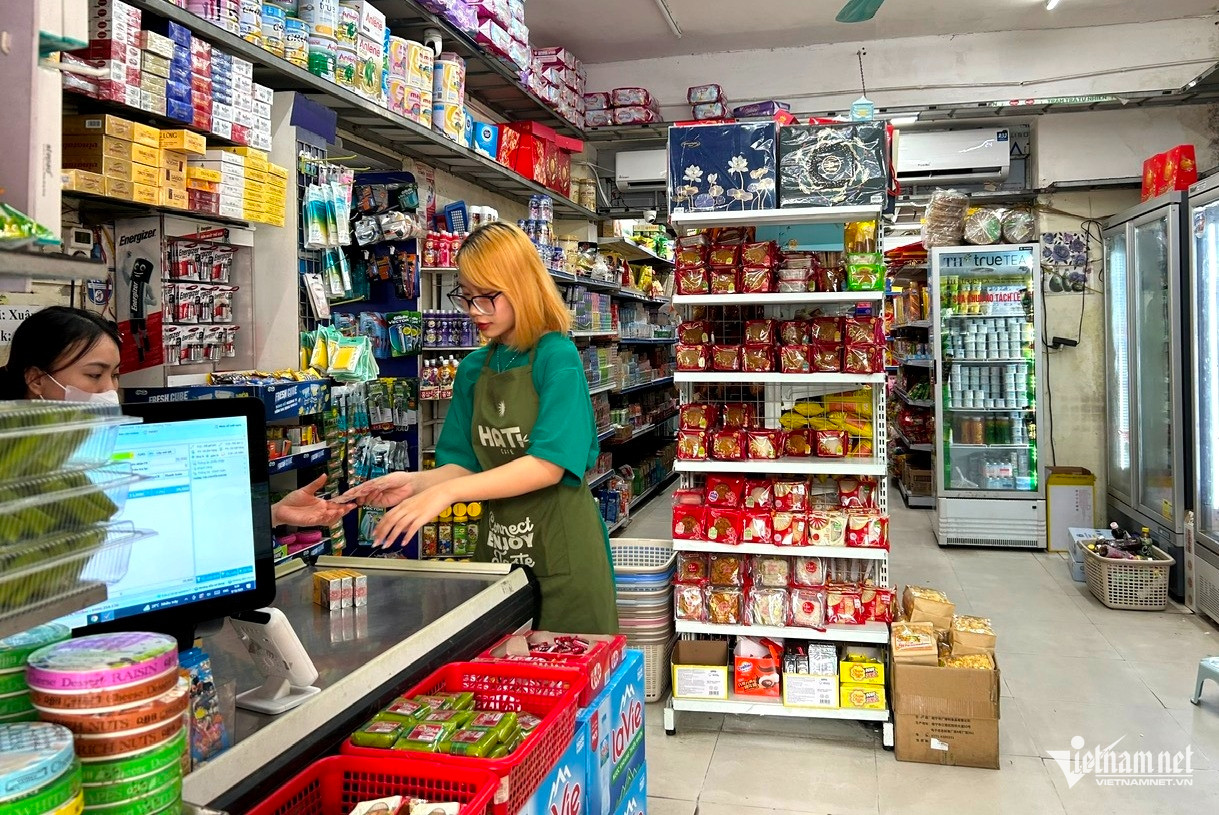
The National Assembly delegation of Tay Ninh province raised the issue that recently, when tax policies have not been clearly disseminated and guided, many small traders are worried and have temporarily stopped operating. Voters suggested that there should be a specific roadmap to disseminate and fully explain the policy content, especially the transition from tax collection to tax declaration and tax rates to be paid.
Meanwhile, the National Assembly Delegation of Vinh Long province proposed guidelines and solutions to help small businesses and traders apply input and output taxes.
The National Assembly delegation of Dong Thap province proposed that tax authorities develop a suitable roadmap and issue specific instructions for business households with revenue of over 1 billion VND to declare and pay taxes according to regulations; ensuring transparency and fairness.
Response from the Ministry of Finance
Responding to the recommendations, the Ministry of Finance said that in order to ensure maximum support for business households in the transition from traditional lump-sum tax payment to declaration from 2026, the Ministry of Finance has directed the Tax Department and relevant units to research and propose maximum simplification of the accounting regime for business households. Integrating automatic accounting and declaration from electronic invoice data, minimizing errors and reducing the burden of compliance costs for business households.
Building a tax management policy associated with a modern tax management process, suitable to the characteristics of business households when eliminating the lump-sum tax mechanism based on the principle of self-declaration by business households, tax authorities apply maximum technology in building databases and managing risks for business households.
To implement Resolution 198/2025/QH15 on a number of special mechanisms and policies for private economic development, the Ministry of Finance is drafting a decree guiding its implementation.
Including the following content: “Providing free digital platforms and shared accounting software for small and micro enterprises, business households and individual businesses”; “Providing free legal consulting services, training on business administration, accounting, tax, and human resources for small and micro enterprises and business households”.
In addition, the National Assembly also issued a policy of exempting corporate income tax for small and medium enterprises for 3 years from the date of being granted the first business registration certificate to encourage business households to convert to enterprise models.
The Ministry of Finance is coordinating with ministries and branches to advise the Government and competent authorities on policies to exempt, reduce taxes or provide direct financial support for business households registering to use electronic invoices generated from cash registers.
Under current tax policy, business households with annual revenue of VND 100 million or less (from January 1, 2026, it will be VND 200 million or less) are not subject to value added tax and personal income tax. Other taxes such as special consumption tax, environmental protection tax, etc. are implemented according to regulations.
The basis for calculating tax for business households/individuals is taxable revenue and tax rate calculated on revenue. In which, revenue subject to value added tax and revenue subject to personal income tax is revenue including tax of all sales, processing fees, commissions, service provision fees arising in the tax period from production and business activities of goods, services... regardless of whether the money has been collected or not.
Tax rates calculated on revenue include value added tax and personal income tax rates applied in detail to each field and industry.
Based on the above regulations, the Ministry of Finance said that business households/individuals pay tax based on a percentage of revenue; the input-output deduction mechanism is not applied.
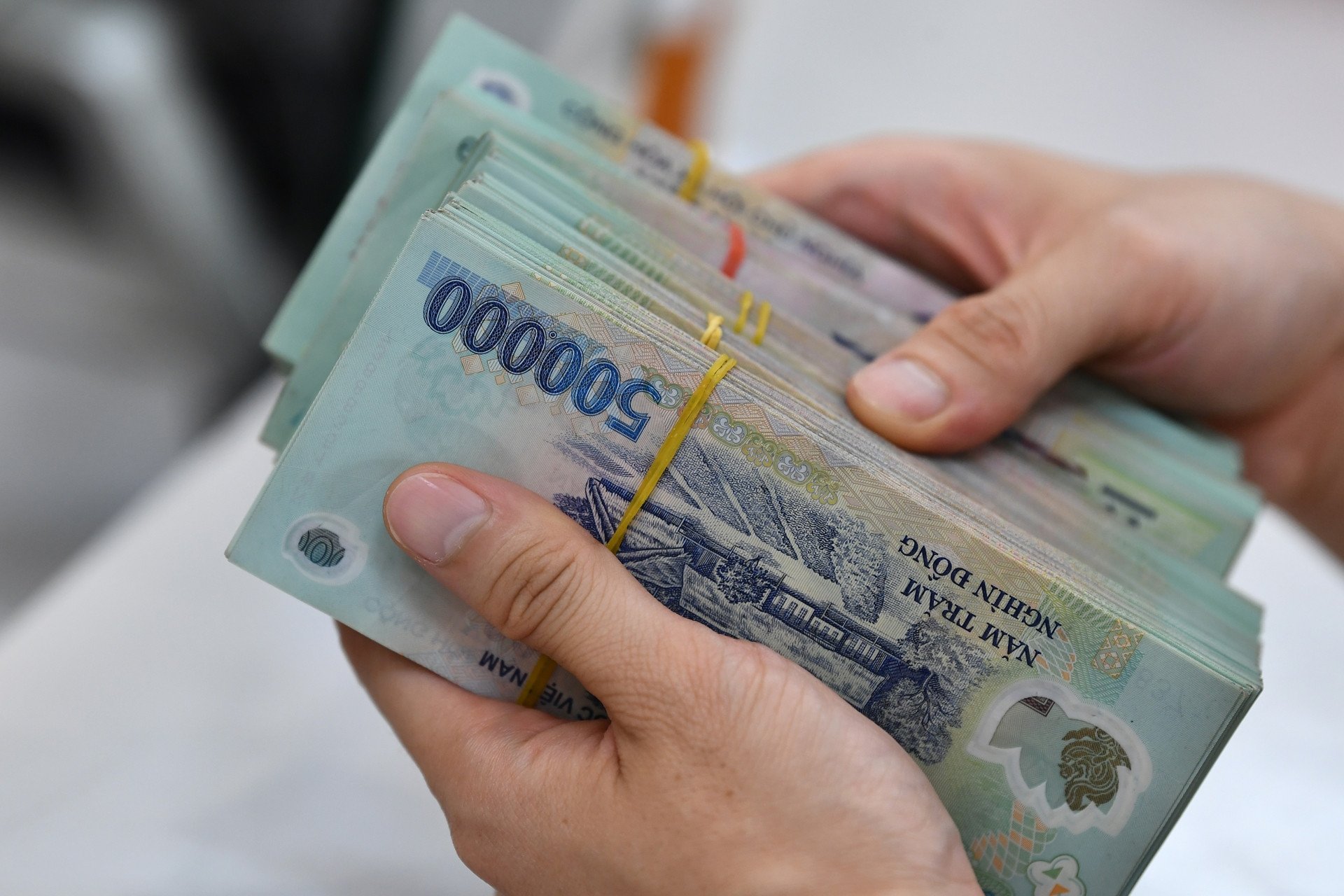
Source: https://vietnamnet.vn/xoa-thue-khoan-ho-kinh-doanh-se-duoc-ho-tro-nhung-gi-2447331.html




![[Photo] Students of Binh Minh Primary School enjoy the full moon festival, receiving the joys of childhood](https://vphoto.vietnam.vn/thumb/1200x675/vietnam/resource/IMAGE/2025/10/3/8cf8abef22fe4471be400a818912cb85)
![[Photo] Prime Minister Pham Minh Chinh chairs meeting to deploy overcoming consequences of storm No. 10](https://vphoto.vietnam.vn/thumb/1200x675/vietnam/resource/IMAGE/2025/10/3/544f420dcc844463898fcbef46247d16)






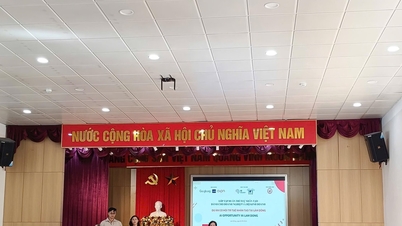

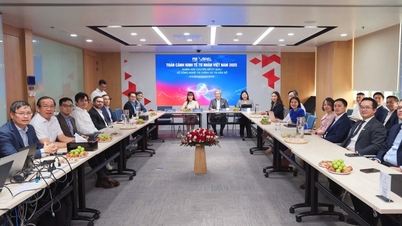

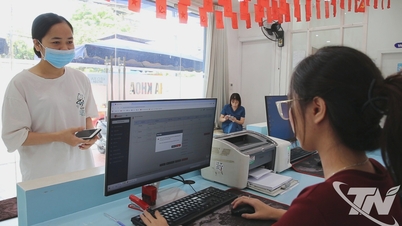

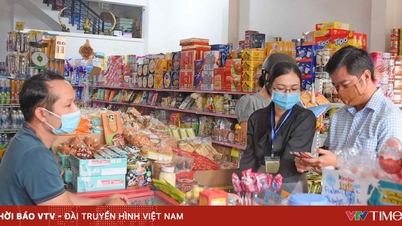


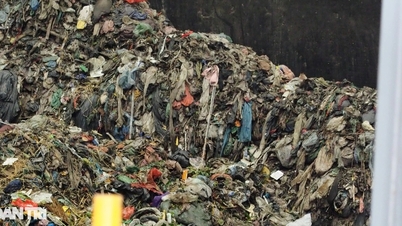
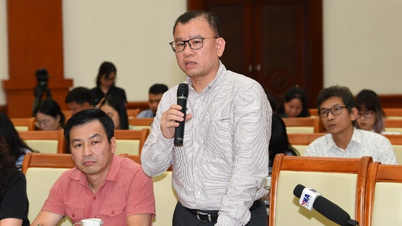


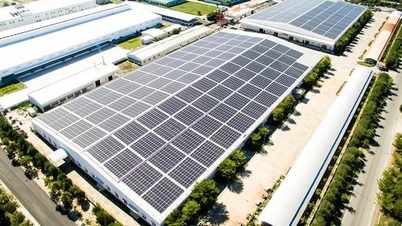





























































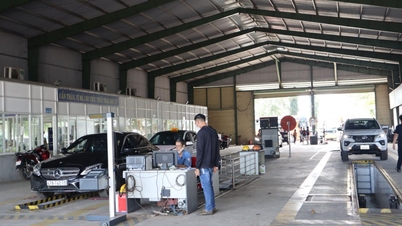
















Comment (0)